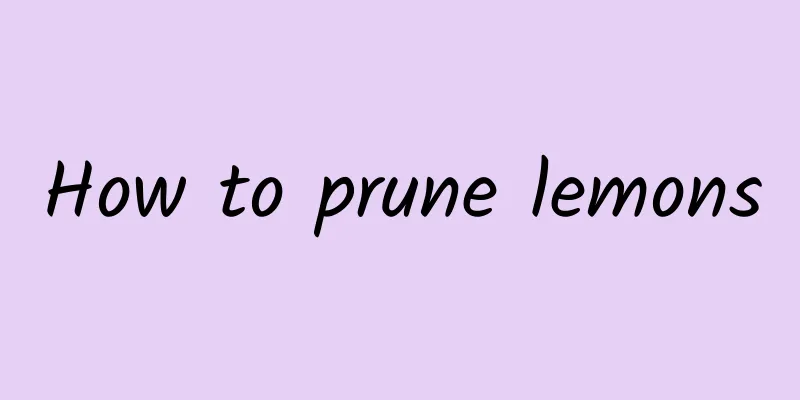Can Ivy be placed in the bedroom?

1. Environmental requirementsIvy is shade-tolerant, damp and cold-tolerant, and has low requirements for light. It does not like direct sunlight and is more suitable for growing in cool and humid places or places with scattered light. From this point of view, ivy is very suitable for cultivation in a bedroom environment. 2. Purify the air1. Photosynthesis: Ivy's photosynthesis during the day can release oxygen and increase the oxygen content of indoor air, making it the best choice for bedroom green plants. 2. Purification effect: Growing ivy in the bedroom can effectively increase the air humidity in the bedroom and help people relax their body and mind. In addition, ivy has a very strong ability to absorb harmful gases. Placing it in the bedroom can help absorb harmful gases in the house, especially in a newly moved room. If you place an ivy plant in the bedroom, it can effectively reduce the content of harmful substances such as formaldehyde in the air and reduce damage to the human body. Moreover, this green plant also has the function of disinfection and sterilization. Foreign studies have shown that ivy can remove 78% of mold in the air within twelve hours. It can be seen that growing ivy in the bedroom will greatly improve the air quality of the bedroom. However, I still have to remind you that although ivy can effectively purify the air and absorb formaldehyde, this is only relative. You should still open windows more often to ventilate a newly renovated room, and wait until the smell is gone before considering moving in. You cannot expect to absorb all harmful gases with just a few ivy plants. 3. Respiration: Some people may worry that if ivy is placed in the bedroom, it will not release oxygen at night, and the respiration of the plant will consume oxygen, which will cause the plants and humans to compete for oxygen and affect human sleep quality and physical health. But you should know that although green plants do not carry out photosynthesis at night, they do consume oxygen, but the amount of oxygen required by a small ivy plant is not much, and can even be ignored. There is no question of competing with humans for oxygen, so there is no need to worry too much. |
<<: The efficacy and function of Belamcanda chinensis
Recommend
Which month is the best to plant lotus?
Nasturtium is a very popular flower in the home. ...
Orchid pollination time and method
Orchid pollination method Orchids are insect-poll...
How to grow a cactus to make it big and round (how to grow a new cactus to make it grow more vigorous)
The cactus plant is not big and is suitable for g...
How to plant and raise Dendrobium
1. How to plant 1. Soil selection: Dendrobium has...
Is it profitable to grow Fritillaria? Planting techniques and per-acre income
Is it profitable to grow Fritillaria? Fritillaria...
How long is the growth cycle of mushrooms?
Introduction to Mushroom Growth Mushrooms like to...
Does sage prefer shade or sun?
Does sage prefer shade or sun? Sage is easy to gr...
How to grow grapes in pots? Planting methods and key points of grape pots
Grape pot cultivation method 1. Light: When grape...
How to prepare soil for orchids? How to prepare soil for orchids
Suitable soil requirements for orchids Orchids li...
The difference between Daphne koreana and Knotweed
1. Differences between branches and trunks The br...
How to grow Weigela and what to pay attention to
Weigela is a plant of the genus Weigela in the fa...
How to grow hydroponic purple bamboo more vigorously
Purple bamboo has tenacious vitality and upright ...
How many years does it take for yellow peach to bear fruit?
Introduction to growing yellow peach Yellow peach...
How to Plant Garlic Seeds
When planting garlic seeds, it is necessary to ad...
Cultivation methods and precautions of summer plum
How to cultivate summer plum Temperature and ligh...









